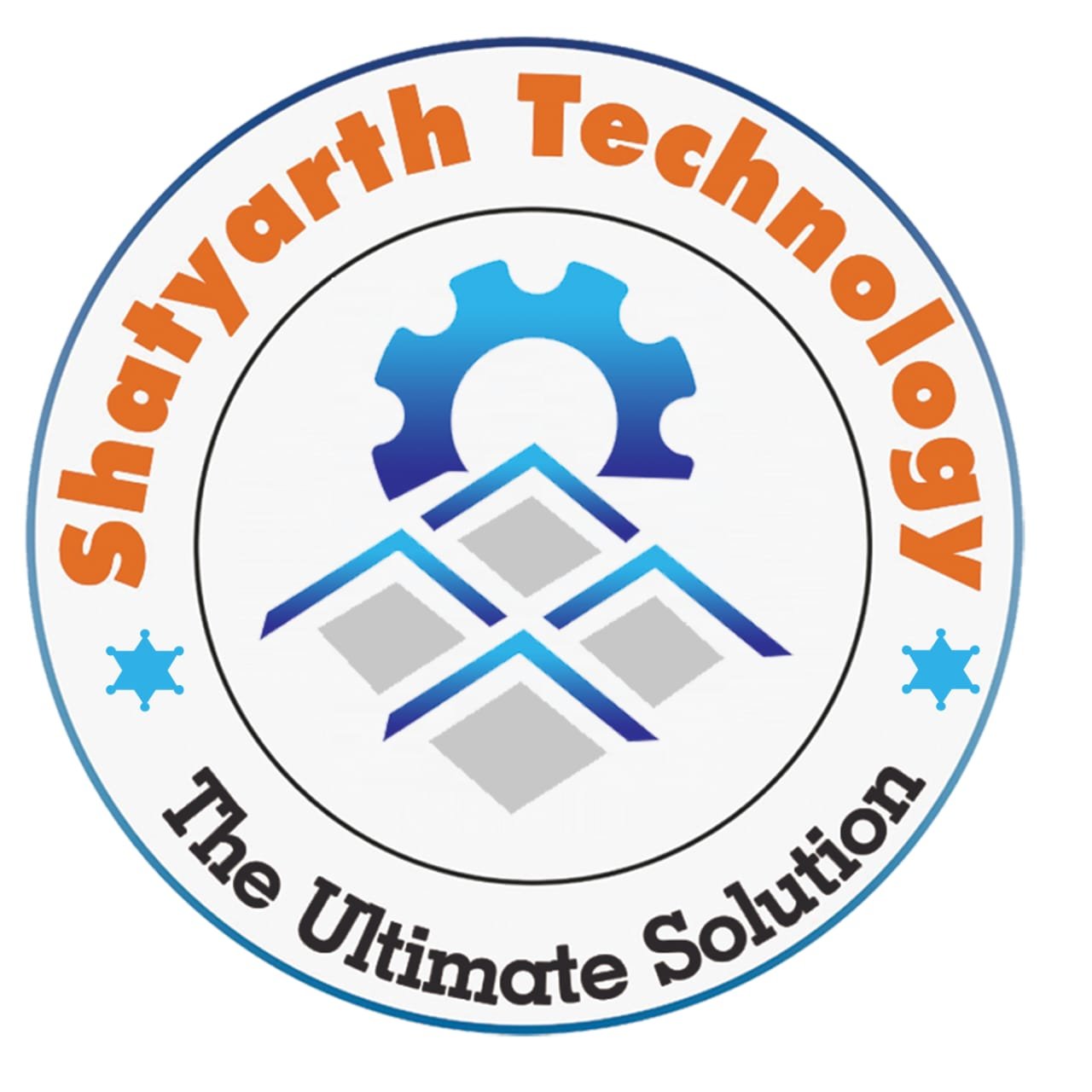Mechanical Training
Mechanical Training Programs: Building a Foundation for Engineering Excellence
Overview: Mechanical training programs are designed to equip students, engineers, and professionals with the practical skills, theoretical knowledge, and hands-on experience required to excel in the mechanical engineering field. These programs cover a wide range of topics, including mechanics, thermodynamics, fluid dynamics, materials science, robotics, and manufacturing processes. By integrating classroom learning with practical applications, mechanical training prepares participants for successful careers in various industries, such as automotive, aerospace, energy, manufacturing, and more.
Objectives of Mechanical Training Programs
- Skill Development: To provide participants with essential mechanical engineering skills, including design, analysis, and problem-solving techniques.
- Hands-On Experience: To offer practical training through workshops, labs, and projects that enable participants to apply theoretical concepts to real-world situations.
- Industry Readiness: To prepare participants for various roles in the mechanical engineering field, enhancing their employability and career advancement opportunities.
- Exposure to Advanced Technologies: To familiarize participants with the latest tools, software, and methodologies used in modern mechanical engineering.
- Networking Opportunities: To connect participants with industry professionals, mentors, and peers for collaboration and career guidance.
Key Features of Mechanical Training Programs
- Comprehensive Curriculum
- Programs are designed to cover a wide range of topics, including:
- Mechanics of materials and structures
- Thermodynamics and heat transfer
- Fluid mechanics and hydraulics
- Manufacturing processes and technology
- Mechanical design and CAD (Computer-Aided Design)
- Hands-On Projects and Labs
- Participants engage in practical projects that allow them to design, build, and test mechanical systems and components.
- Labs provide an interactive learning environment where participants can experiment with tools, materials, and techniques relevant to mechanical engineering.
- Expert Instruction
- Courses are led by experienced instructors with industry backgrounds who provide insights, guidance, and mentorship throughout the training process.
- Participants benefit from their expertise, learning industry best practices and gaining exposure to current trends.
- Workshops and Seminars
- Programs often include specialized workshops and seminars on trending topics such as robotics, automation, and renewable energy systems.
- Guest speakers from the industry share their experiences and provide valuable insights into career paths and opportunities.
- Certification and Accreditation
- Many training programs offer certification upon completion, validating participants’ skills and knowledge to potential employers.
- Recognized certifications can enhance resumes and improve job prospects.
- Flexible Learning Options
- Training is available in various formats, including full-time, part-time, online, and hybrid models, catering to different schedules and learning preferences.
- This flexibility allows participants to balance their training with other commitments, such as work or studies.
Typical Domains Covered
- Mechanical Design
- Principles of mechanical design, including stress analysis and failure criteria
- Computer-Aided Design (CAD) software training (e.g., SolidWorks, AutoCAD)
- Prototyping and testing of mechanical components
- Thermodynamics and Fluid Mechanics
- Fundamental concepts of thermodynamics and heat transfer
- Fluid dynamics principles and applications in engineering
- Applications in HVAC (Heating, Ventilation, and Air Conditioning) systems
- Manufacturing Processes
- Overview of various manufacturing processes (casting, machining, welding, etc.)
- Principles of automation and robotics in manufacturing
- Lean manufacturing principles and quality control techniques
- Materials Science
- Understanding the properties of materials and their applications in mechanical design
- Material selection and testing methods
- Advanced materials (composites, ceramics, etc.) and their engineering applications
- Robotics and Automation
- Basics of robotics, including kinematics and dynamics
- Programming and controlling robotic systems
- Integration of automation technologies in mechanical systems
Benefits of Participating in Mechanical Training Programs
- Skill Development: Participants gain practical, industry-relevant skills that are directly applicable to their careers in mechanical engineering.
- Career Advancement: Training programs enhance participants’ resumes, making them more competitive in the job market.
- Real-World Exposure: Participants engage in projects and labs that replicate real-world engineering challenges, preparing them for future roles.
- Confidence Building: Practical experience helps participants build confidence in their abilities and readiness for job responsibilities.
- Networking Opportunities: Participants connect with peers, industry professionals, and mentors, expanding their professional networks and opening doors to job opportunities.
